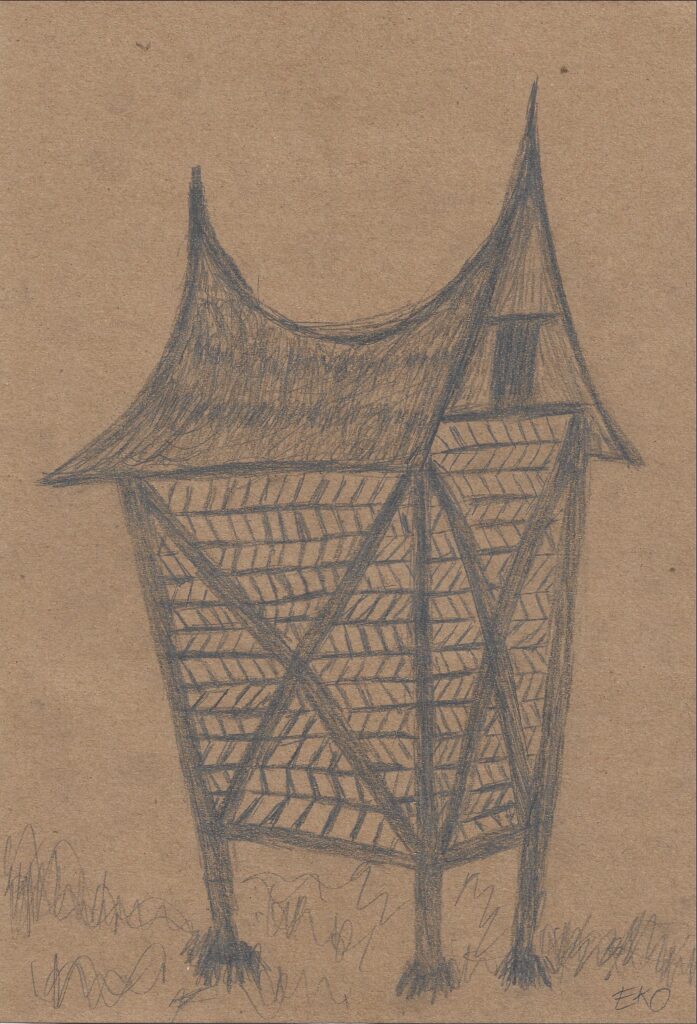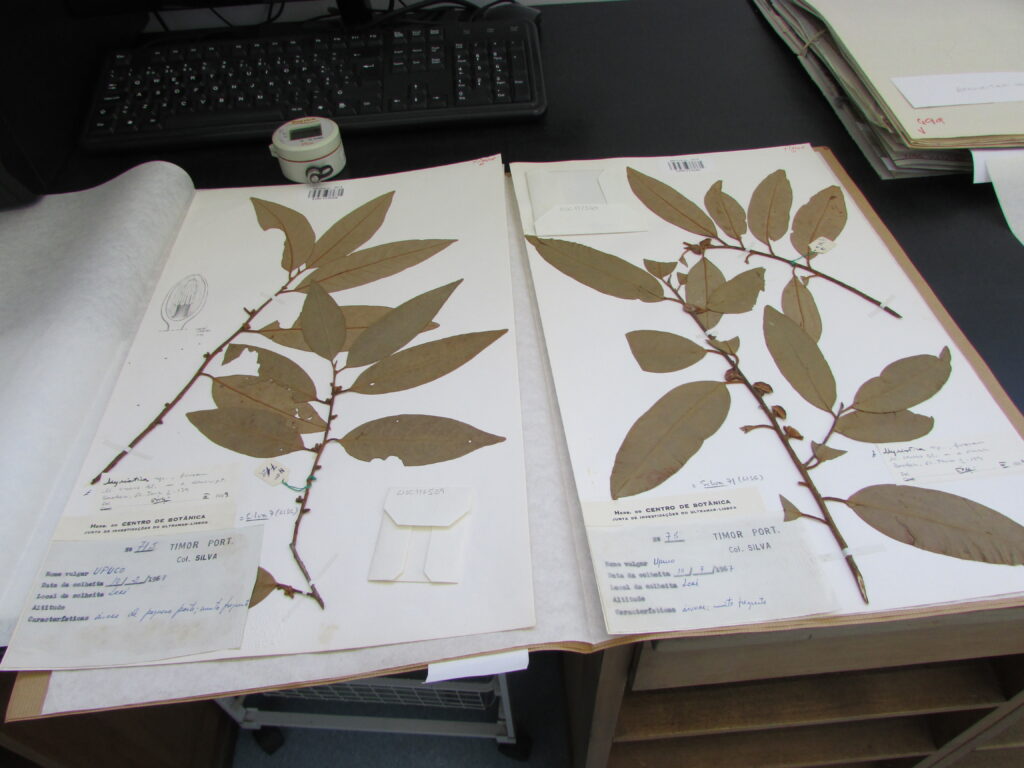Colonial histories have profoundly shaped how cultural artifacts from the Global South—especially from Indonesia—have been displaced, preserved, and represented. Many of these objects, once vital to local traditions, are now housed in European museums and archives, often stripped of their original context and meaning. This dislocation prompts a persistent question: how might artists and communities re-engage with these objects, not as static relics, but as living connections to heritage? And could digital technologies, if used with care, open new pathways for that engagement?
LICA Routes is an artistic research project that investigates these questions by tracing the colonial trajectories of Indonesian artifacts now in European collections. It explores not only where these objects have traveled, but also how they’ve been reframed—physically and digitally—within institutions shaped by colonial legacies. The aim is not simply to recover lost contexts but to experiment with how artistic practice can animate new relationships between people, place, and object.
Yet digital access, on its own, can be deceptive. As Aiyegbusi notes, the structure of digital humanities often mirrors the very hierarchies it seeks to challenge. Western institutions maintain control over metadata and narrative authority, even in the act of “sharing.” Sadiah Boonstra and Caroline Drieënhuizen’s work reminds us that rethinking Indonesia’s cultural archive means confronting these imbalances head-on.
Decentralization and Recentering Indonesian Heritage
LICA Routes explores how digital technology might help reconnect Indonesian communities with craft traditions shaped by colonial histories. From the 16th century through 1945, a succession of empires—Portuguese, Spanish, British, French, and Dutch—transformed Indonesia’s cultural landscape. Crafts like textiles, wood carvings, and ceremonial objects became silent witnesses to these shifts. Today, many of these artifacts are housed in European museums, far removed from the communities that made and once used them.
While digitization has made some of these objects more accessible, the reality is often fragmented. Archives are scattered across institutions, shaped by colonial systems of classification and control. For Indonesians seeking to engage with their own heritage, this scattered digital landscape can feel like another barrier rather than a bridge. Artistic interpretation is central to this approach. Selected artifacts become focal points for layered narratives that include oral histories, spiritual meanings, craft traditions, and contemporary reflections on absence.
Perhaps the archive isn’t only a place of preservation. It’s also a site of negotiation, what it means to lose, to remember, and to imagine return between histories, perspectives, and futures yet to be written.
ARTISTIC PROJECT:

2023
Minangkabau
Archives (Open Access API) generate from the
Europeana Gallery Collection















